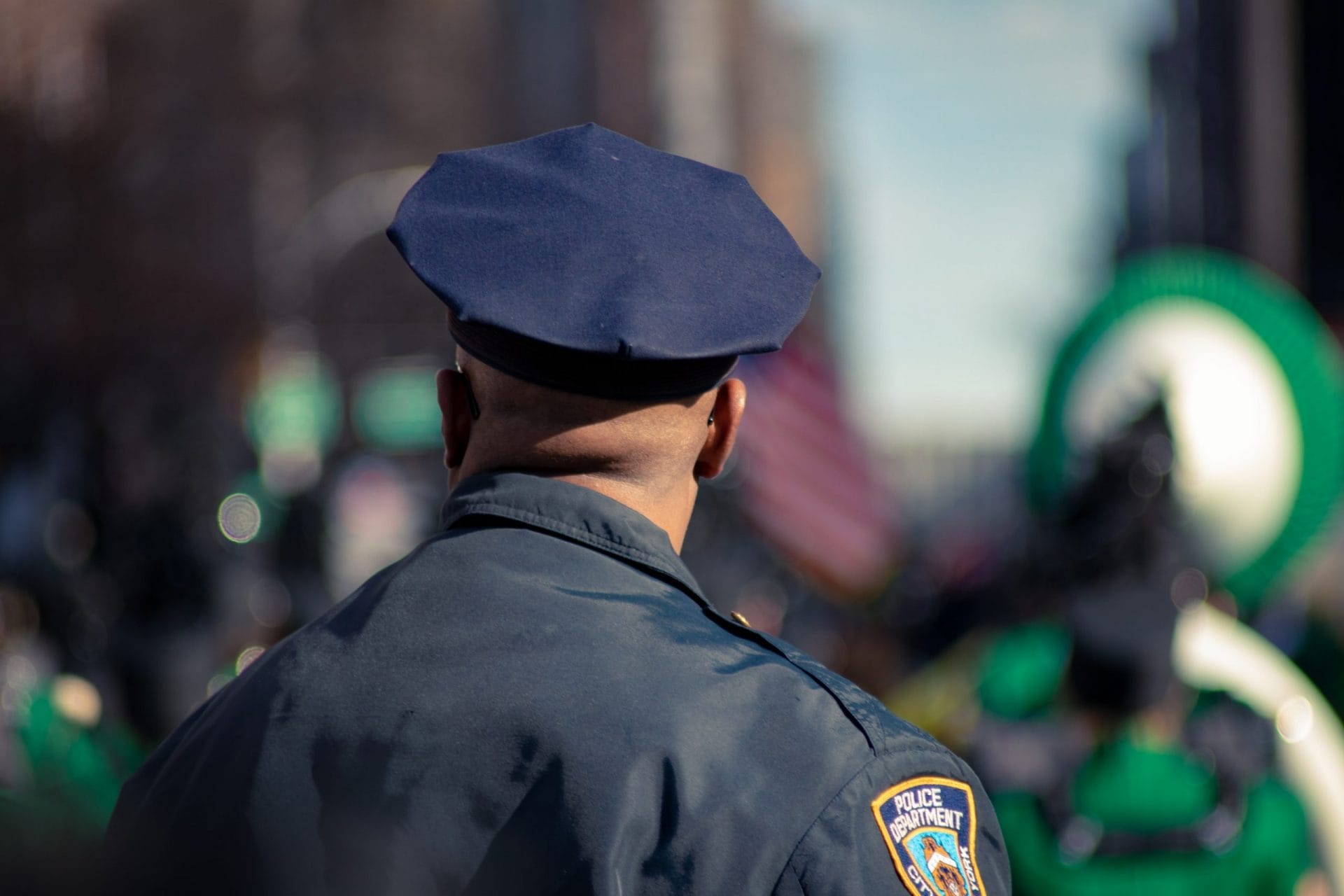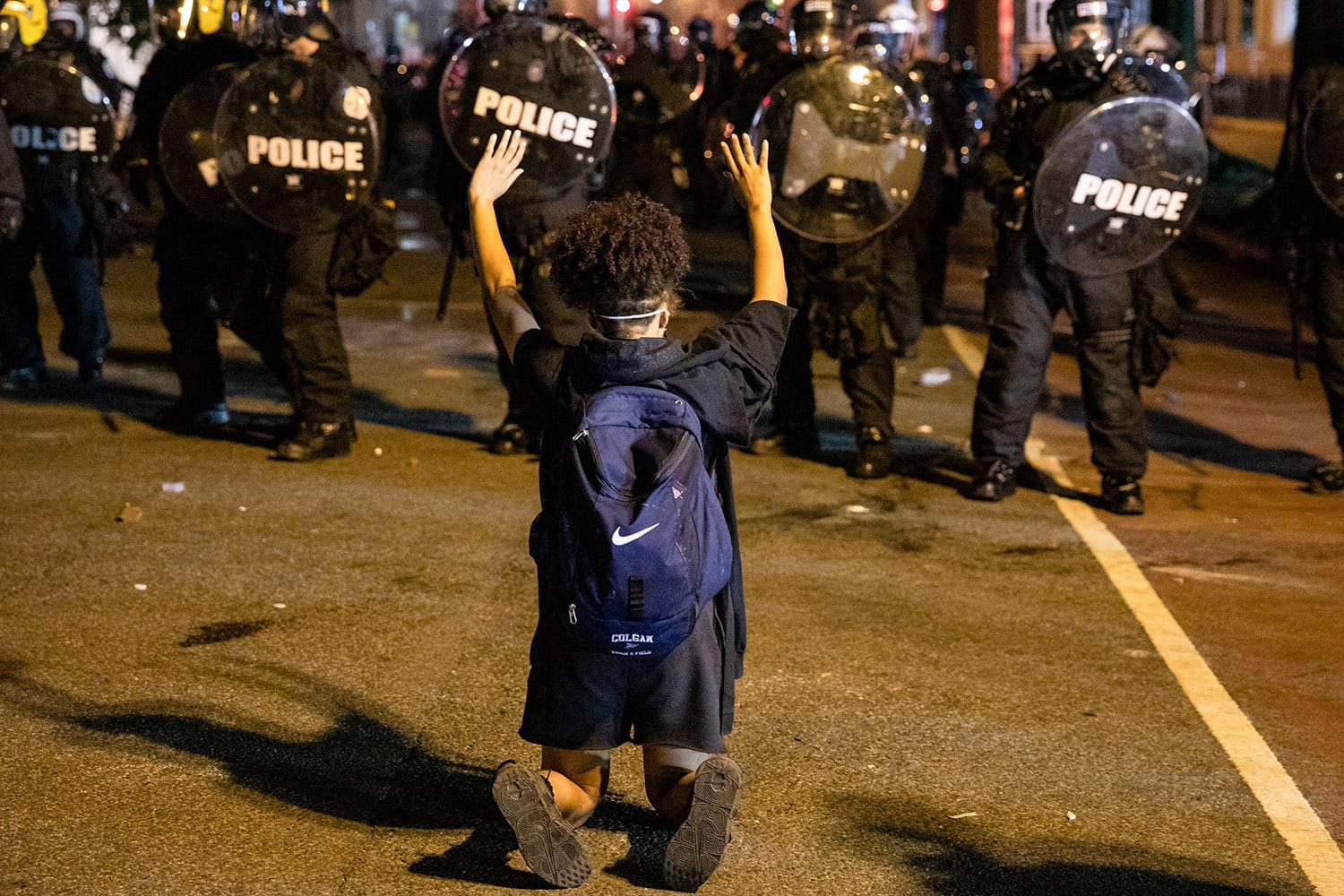
How to Build Accountability in Law Enforcement
It takes courage to reflect and admit error.
One of my most vivid ATF memories comes not from a crime scene, but a battlefield.
During my 25-year tenure as a special agent with the Bureau of Alcohol, Tobacco, Firearms and Explosives, I transitioned from a role that required me to regularly put my own life at risk to safely make an arrest, to positions of authority where I deployed men and women into harm’s way.
My training evolved from conducting SWAT-style operations, safely recovering crime guns, and destroying unstable explosives to schooling on coaching, management, and leadership. I was taught to do the right thing when it was hard. I was encouraged to be decisive when unsure. I was warned that ethical decision-making was a practice one needed to hone. Doing the small things right while not cutting corners was what made it possible to make the big decisions when the time came.
One leadership school included a day trip where we were ushered around the Gettysburg battlefields and told how military leaders made life-and-death decisions that changed the course of American history. A virtual classroom with backdrops like Little Round Top and Devil’s Den was certainly memorable, but I wondered why we weren’t debating lessons learned from one of the most examined law enforcement operations in American history: an ATF raid gone wrong near Waco, Texas in 1993.
At the conclusion of our cadre’s visit, I asked the instructors presenting Civil War history why we weren’t studying the execution of the federal search warrant of the Branch Davidian compound. The planning, execution and aftermath of the raid seemed directly applicable to our future jobs as law enforcement leaders at ATF.
One presenter responded that it was not the training division’s role to second guess ATF leaders or operations. Another voiced concerns that agents who served at Waco were still on the job, and that critiquing their actions would be controversial.
A culture of oversight, accountability, and systematic review is the life blood of all professions.
As I’ve spent time this summer reflecting on the tragedies of George Floyd’s killing and the shooting of Jacob Blake and the many other shootings of Black men and women at the hands of law enforcement, I’ve thought about this day and this battlefield.
Instead of an openness to evaluating the actions of our colleagues in law enforcement and admitting missteps and misconduct with honesty and transparency, too often, there is silence—a silence which breeds complicity. Instead, we should treat each one of these tragedies with the gravity it merits, and address them in ways that prevent repeat incidents and hold those responsible accountable.
“Monday-morning quarterbacking needs to become part of the DNA of policing,” challenges Chuck Wexler, the executive director of the Police Executive Research Forum (PERF), a DC-based law enforcement think tank for police leadership. Wexler is known for challenging the status quo during semi-annual town hall meetings, confronting culture and tradition with data and straight talk. For decades, Wexler has challenged law enforcement to operate like other revered professions, observing that much like professional athletes watch tapes of their weekend performances, airlines and hospitals expect comprehensive reviews if someone in their care is hurt.

Spotlight
IN PURSUIT OF PEACE
Our report, How America’s Gun Laws Fuel Armed Hate, examines how our nation’s gun laws allow hate crime perpetrators to access weapons and carry out attacks.
Read MoreA culture of oversight, accountability, and systematic review is the life blood of all professions. It is the foundation of community trust and respect, which is so often lacking between law enforcement and communities of color. Research has shown that attempting to build back this historically strained relationship is key to saving lives from gun violence: not over-policing for minor infractions, not relying on mass incarceration, and certainly not refusing to acknowledge systemic misconduct. In a letter published by our executive directors after the murder of George Floyd, Giffords outlined our support for a number of policing reforms intended to help lead us down this road of greater justice and accountability.
All communities rightfully expect cops not to shoot unarmed individuals, 100% of the time. How police respond to incidents involving questionable uses of deadly force is the nexus where community trust is built or lost, and where the men and women who have sworn oaths to protect and to serve have the chance to do better.
As a junior varsity high school athlete, I watched more films critiquing my performance on the field than I ever reviewed as a federal agent. The same holds true for most cops on the beat. As a profession, law enforcement needs to answer Wexler’s call to action and cultivate a culture of constant evaluation built upon humility, embracing imperfections in the individual who answers the call to duty, and recognizing the complexities they are certain to face on the job.
But transitioning to a culture of honest review and evaluation will mean nothing if it is not also accompanied by a genuine commitment to justice and accountability over self-preservation. The stakes of policing work are infinitely higher than they are in a game; the stakes here are life and death.
Law enforcement officers must be willing to be held accountable to those they serve and to hold their colleagues accountable. It takes courage to reflect and admit error—a different type of courage than it does to run towards danger on a regular basis, but courage nonetheless.